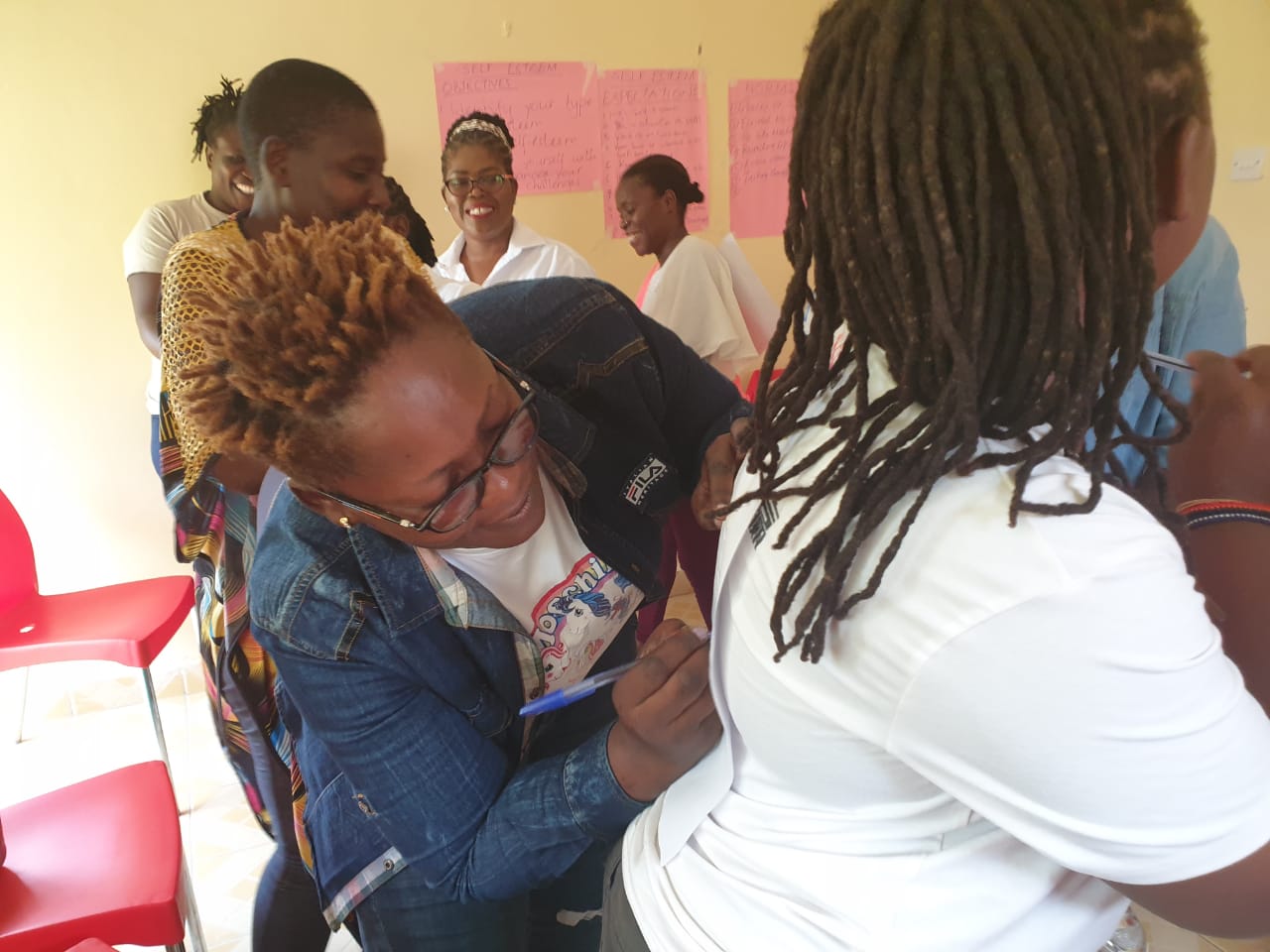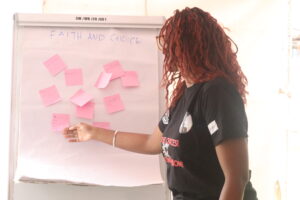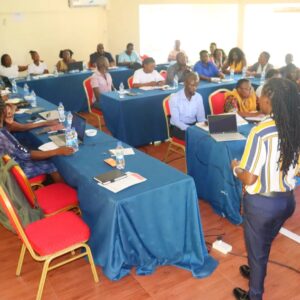Building Self-Esteem for (Lesbian, Bisexual and Queer) Parents.
Self-esteem is the amount of respect or self-worth that a person has for himself or herself. People are often described as having either high self-esteem, meaning they think very well of themselves and their abilities, low self-esteem, meaning they are filled with doubts and criticisms about themselves and their abilities or inflated self-esteem having high regards to oneself in a manner that portray egoism. Self-esteem is considered as an indicator of mental health. There sufficient is evidence that homophobia, both perceived and internalized, affects LBQ (Lesbian, Bisexual and Queer) parents in terms of their overall well-being and often in terms of their self-esteem the effect thereby trickles down to how they raise their children. Living in a country that criminalizes same-sex relationships, same-sex parents may experience low self-esteem and may lack a sufficient level of confidence in being themselves and being a parent to their children. Just as depression, anxiety or bipolar disorder, self-esteem is also grouped as a mental health disorder that affects myriad of people and needs to be addressed. It was therefore ardent to have a candid discussion and a group therapy session for LBQ parents and a trained counselor with an aim of building their self-esteem.
There’s a need to build self-esteem for same-sex parents or LBQ persons alternatively as positive and healthy self-esteem can help you set and achieve goals and take setbacks in stride. The following are the importance of having a healthy self-esteem;
- Assertive in expressing your needs and opinions
- Confident in your ability to make decisions
- Able to form secure and honest relationships — and less likely to stay in unhealthy ones
- Realistic in your expectations and less likely to be overcritical of yourself and others
- More resilient and better able to weather stress and setbacks
Causes of low self-esteem in same-sex parenting
- Discrimination and stigmatization
- Financial constraints and limitations
- Shame in being members of a minority group
- Myths and stereotypes surrounding same-sex parenting
- Societal norms, perceptions, and expectations
- Religious stereotyping and internalized homophobia
- Lack of support and communication within and outside the community
How to enhance self-esteem for better parenting
- Take Pride. Take pride in being a member of the LGBT group and challenge your internalized homophobia by building your emotional resilience by being LBQ and proud! Don’t be afraid to ask for help and support, and don’t be afraid to offer it.
- Take inventory. Identify negative thoughts or feelings that you experience about yourself as well as the situations that cause those feelings. Challenge your thoughts and feelings, then ask yourself: “Do they really make sense in this situation?” Determine a more positive way to react to those situations next time they occur. Remember that self-talk affects the way you feel. So be kind to yourself. Eliminate calling yourself names like “stupid,” “idiot,” or “loser.” Or names the society tries to give you as a sexual minority group.
- Avoid comparing yourself to others. Make a list of your positive qualities, strengths, and accomplishments. Read over your list and add to it often. Make sure you incorporate these qualities into your life; the more you live from them the better you will feel.
- Surround Yourself with the Right People. Poor self-esteem is at times attributed to the people you surround yourself with, there are those who can be detrimental to your self-esteem and those who will boost it. Building positive synergies and networks, therefore, allow you to grow and have positive and healthy self-esteem.
- Explore yourself. Sometimes when we’re down on ourselves and our self-esteem has taken a big hit, we feel like we have nothing to offer the world or others. It may be that we simply haven’t found everything that we do have to offer, things we haven’t even considered or thought of yet. Learning what these are is simply a matter of trial and error. It’s how people become the people they’ve always wanted to become, by taking risks and trying things they wouldn’t ordinarily do.
We appreciate UHAI-EASHRI for supporting this session.




